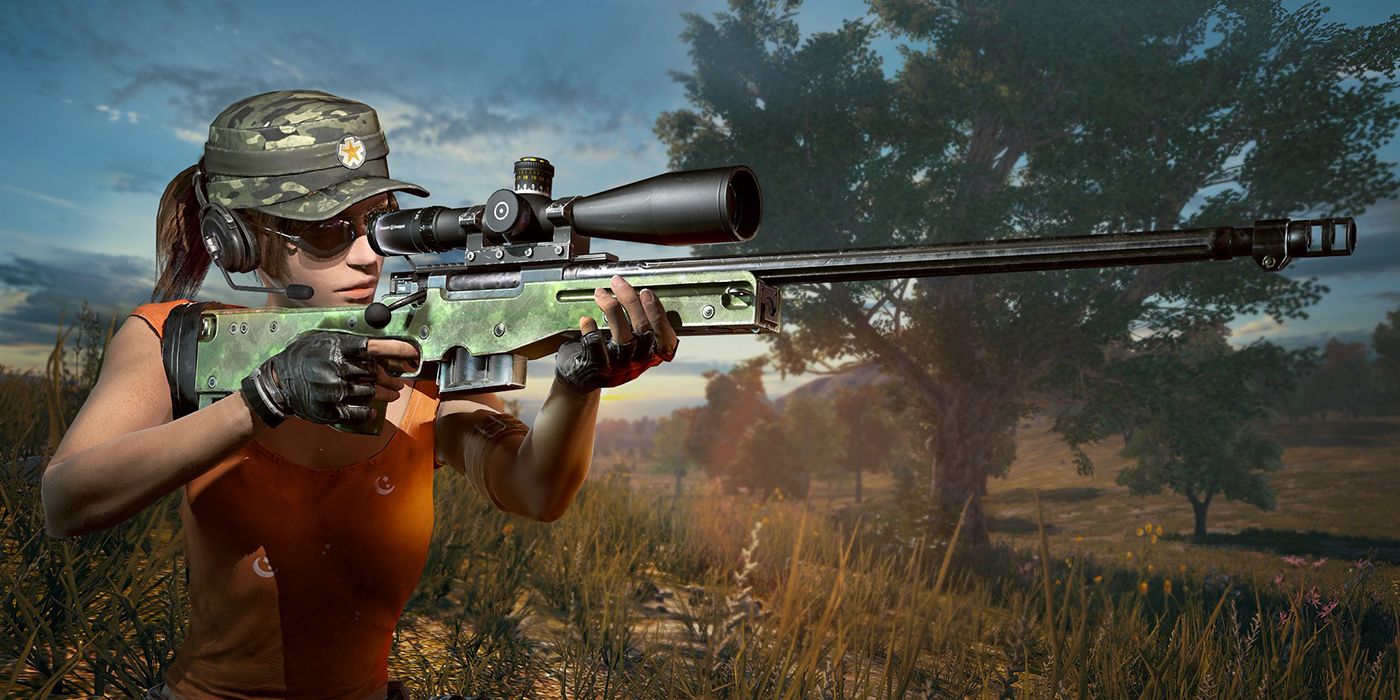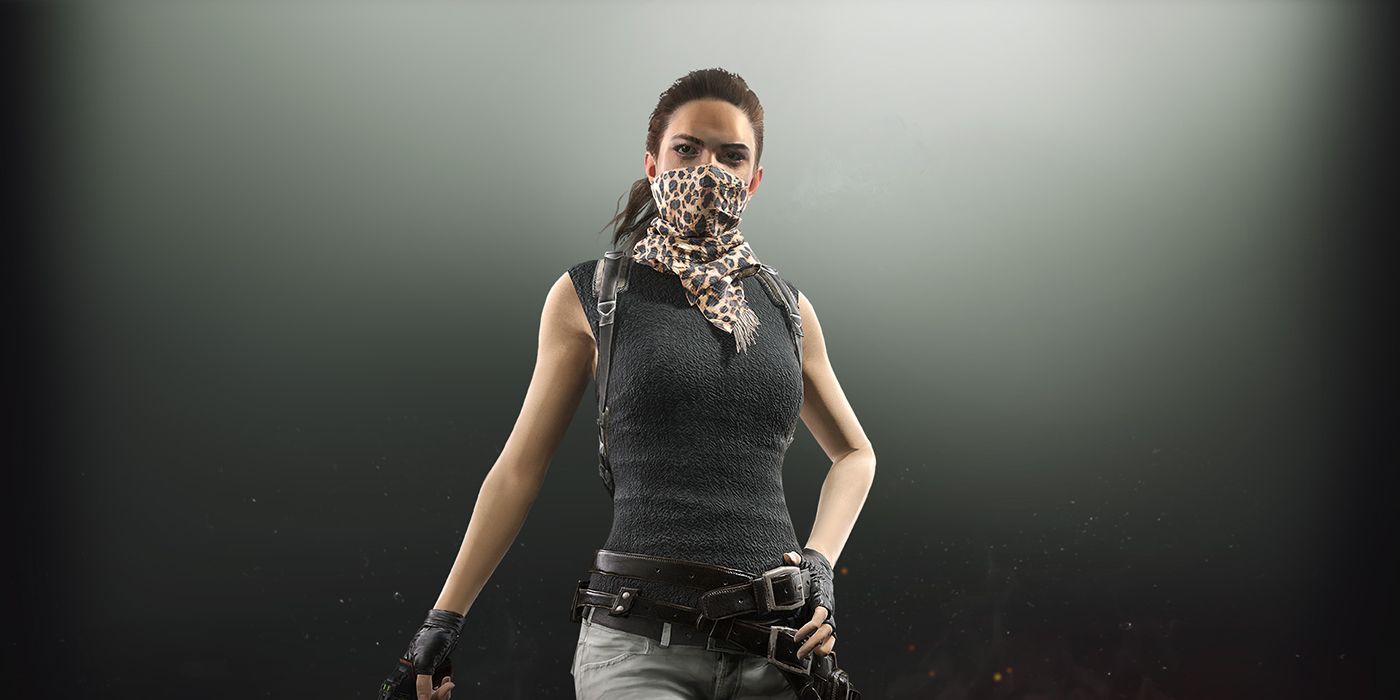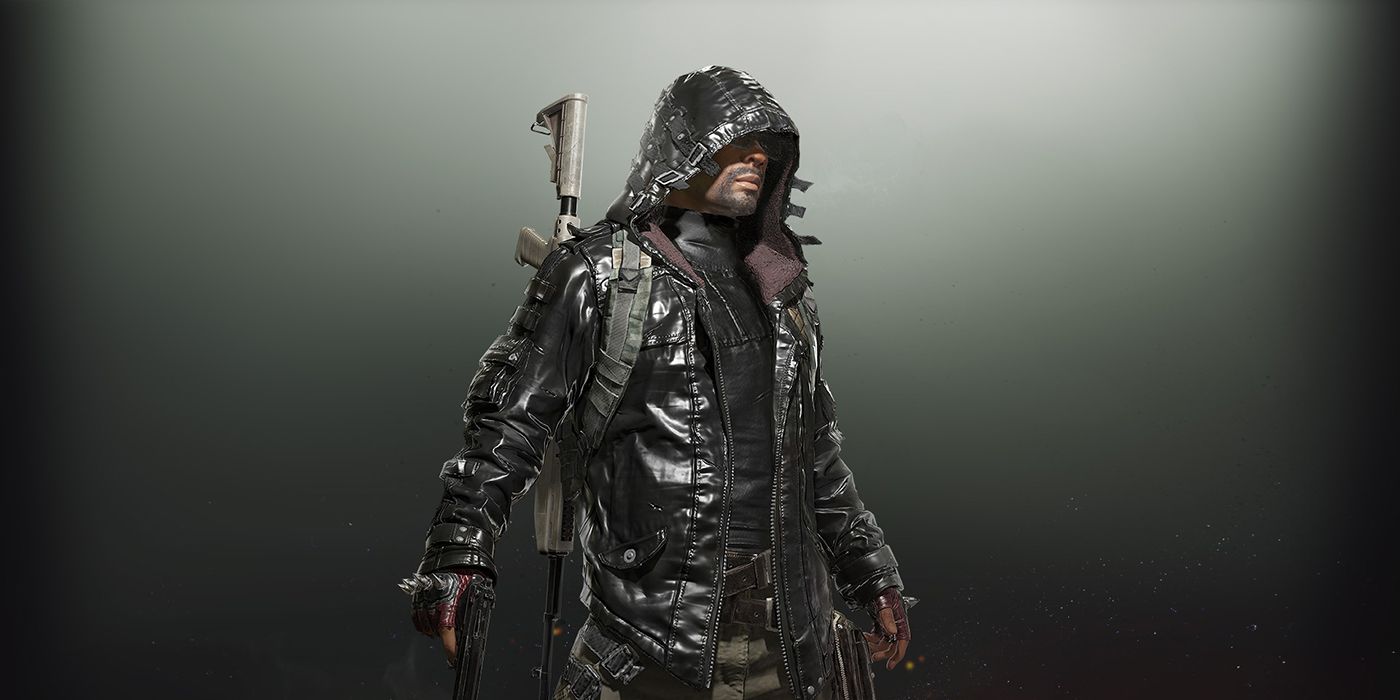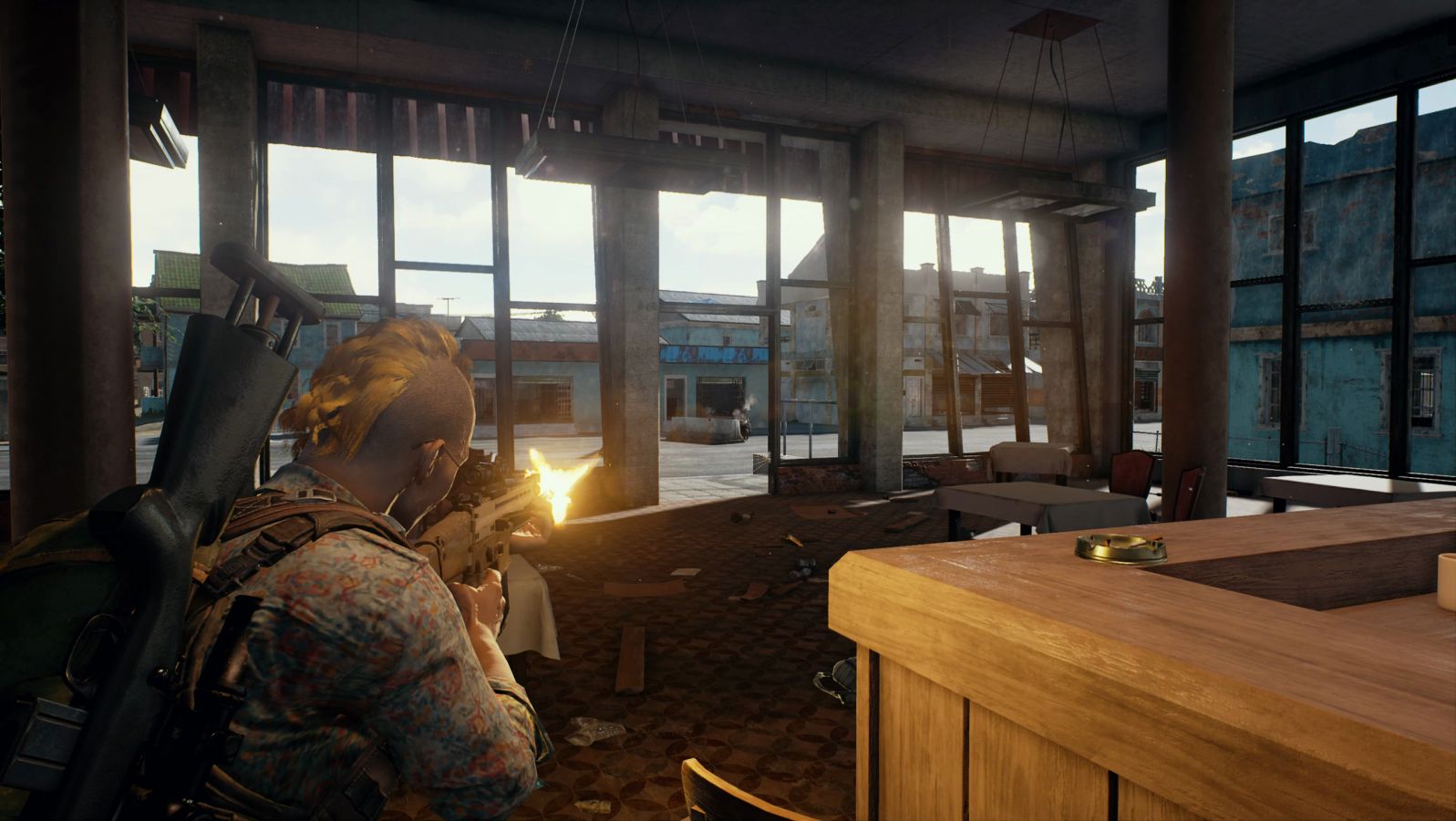PlayerUnknown's Battlegrounds is a game that revolves around high stakes. Even the most skilled player will admit that at least part of the game's Battle Royale-esque gameplay revolves around the luck of the draw, while its "Winner Winner Chicken Dinner" victory message even stems from gambling itself. However, the game's most recent round of rare cosmetic drops are really pushing this random chance element to its limits.
Yesterday's update to PlayerUnknown's Battlegrounds has expanded the title's loot box mechanics, and developer PUBG Corporation has confirmed the drop rates for some new items held within crates. The latest update makes Biker and Desperado boxes available for players, with the Biker boxes available as free drops and the Desperado boxes requiring a $2.50 key to be purchased. Although it's commendable for the developer to make clear exactly what the drop rates are (in comparison to the lack of transparency that some other companies have shown), it's hardly pretty reading for players.
Related: The Video Game Loot Box Problem Goes Deeper Than Star Wars: Battlefront II
For starters, let's take a look at those Biker boxes. Some of the cosmetics within the Biker packs have incredibly high odds of being picked up, with one such example being the sleeveless biker jackets or the checkered cloth mask. These items come in at a drop rate of 0.01%, or at odds of one in 10,000. In other words, players are going to have to be extremely lucky to get their hands on these cosmetics.
Things aren't much better over at the Desperado box rates either. The leopard cloth mask has a drop rate of 0.16%, or a chance of one in every 625 crates, which makes it extremely difficult for a PlayerUnknown's Battlegrounds completionist to get their hands on the item. As a matter of fact, given the paid-for status of these Desperado crates, it would cost an average of $1,562.50 to get a leopard cloth mask, which puts it in the same scale as those highly unpopular Star Wars: Battlefront II costs.
Alongside this monetary cost, on average picking up this item would also be a major time sink, with it taking approximately five years to get hold of this mask. This is down to the limits that this record-breaking game places on the number of crates that can be purchased each week, with players restricted to buying six crates a week, either with the game's own BP currency or with the $2.50 early bird keys for the Desperado crates, as outlined in the game's crates FAQ.
On top of this, the drop rate for each type of crate is also something to be overcome to get hold of these ultra-rare items. The crate drops are separated into four types, with Biker and Desperado each holding a 40% chance of being gained, with the remaining 20% split between old Wanderer and Survivor crates. All in all, this results in players on average needing to put down over one and a half thousand dollars and five years to get hold of the most rare Desperado item.
Aside from the real-world cash cost, it's a lot worse when it comes to the 'free' content in the Biker crates. Ars Technica did some number crunching, and between the rate drops and the limit on the number of crates a player can purchase a week, it would take on average 80 years before the rarest items in the Biker boxes turned up.
Let's put this into some context. The average life expectancy of someone living in the United States is 78.74 years. That means that, if a newborn was let loose on PlayerUnknown's Battlegrounds (forgoing milk in favor of chicken dinners), and played the game until the day they died, at the current rate of life expectancy they would still not have a 1 in 1 chance of receiving the rarest items in the Biker boxes before they expired.
Loot boxes have of course become a major source of backlash, with the ire felt by Star Wars: Battlefront II even managing to impact on EA's stock prices. As such, PUBG Corporation is taking something of a risk with these high odds. The developer has confirmed that these inflated odds for items are made to ensure that there is a strong economy for rare items, but these side-economies for games rarely last long without controversy. One such example is the initial launch of Diablo III and it's now-notorious auction house, while the ongoing problems with the skin gambling market of Counter-Strike has raised multiple ethical questions.
One look at the Steam marketplace for PlayerUnknown's Battlegrounds shows that these new items certainly have the chance to cause problems. At the moment, a leopard cloth mask is up for sale at the huge price of $1,866.22, with another being sold at the comparative bargain price of $1,332.28. Although no-one has been willing to hit those highs just yet, the item page for the mask shows that one PlayerUnknown's Battlegrounds user is willing to fork out $774.38 for the leopard cloth mask.
This level of loot box reliance, even when it's just for cosmetic items, is sitting uneasy with some gamers. After all, PlayerUnknown's Battlegrounds is a hugely successful game, hitting new sales milestones month after month. In short, given all the negative connotations that these loot box mechanics have, and the potential for it to cause some major problems for the title, is adding such rare items to the game really worth the risk?
There's also one additional problem that again stems from the sheer popularity of PlayerUnknown's Battlegrounds. EA caught the attention of lawmakers over the loot boxes in Star Wars: Battlefront II, with the game's high profile and comparisons to gambling gaining plenty of interest from those looking to protect people from being sucked into its Skinner Box-esque mechanics. With PlayerUnknown's Battlegrounds implementing a similar strategy, there's no reason why it wouldn't be a further push towards legislation to curb loot boxes, particularly now that the title has opened up to further markets via its awkward leap onto Xbox One.
In general, gamers have been much more accepting of cosmetic loot boxes, but even then there have been limits to exactly how far the business model can be pushed. If PlayerUnknown's Battlegrounds is not careful, a mixture of its crate model and the ongoing technical issues could be enough to get the game something of a reputation.




